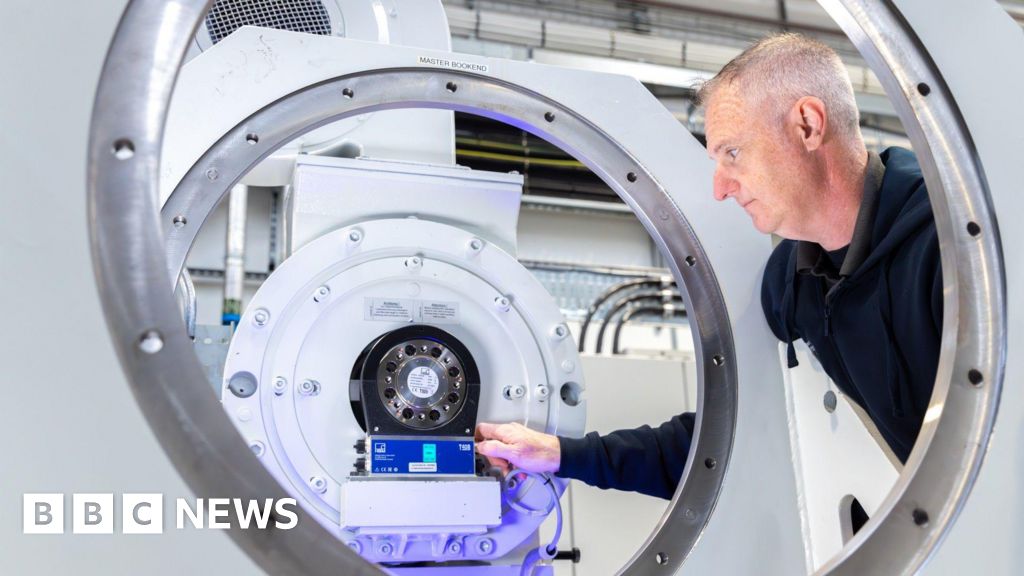University of Nottingham to Launch State-of-the-Art Hydrogen Research Facility
Key Ideas
- The University of Nottingham has secured planning permission for a new hydrogen research facility aimed at developing zero carbon fuels for transport industries.
- The lab will feature state-of-the-art capabilities for testing propulsion systems using gaseous hydrogen, ammonia, and other green fuels, supporting industries like aerospace, automotive, marine, and power generation.
- Backed by significant funding, including £70m from various sources, the facility will complement the university's Zero Carbon Innovation Centre and contribute to the region's leadership in zero carbon innovation.
- Expected to be operational by mid-2026, the hydrogen propulsion lab at the University of Nottingham will play a vital role in advancing decarbonisation efforts and promoting sustainable technology solutions.
The University of Nottingham is set to establish a cutting-edge hydrogen research facility on its Jubilee Campus in Wollaton, Nottingham. The facility, scheduled to be operational by mid-2026, will focus on developing zero carbon fuels for various transport industries. Featuring advanced capabilities such as cryogenic test capabilities and environmental chambers for altitude testing, the lab will also enable testing of propulsion systems using gaseous hydrogen, ammonia, and other eco-friendly fuels. The project, backed by £70m in funding from private, public, and grant sources, aims to support the decarbonisation of future transport and boost high-growth industries like aerospace, automotive, marine, and power generation. Additionally, the hydrogen lab will be connected to the Power Electronics and Machines Centre (PEMC) to enhance research and testing capabilities. Professor Chris Gerada highlighted the significance of this initiative in establishing the East Midlands as a leader in zero carbon innovation on a global scale. By collaborating with the University's Zero Carbon Innovation Centre and partners like East Midlands Freeport and Loughborough University, the facility will contribute to the region's decarbonisation ambitions and promote sustainable technology development. The article emphasizes the positive sentiment towards hydrogen technology and its role in driving innovation and addressing climate challenges.
Topics
Power
Innovation
Decarbonisation
Collaboration
Technology Development
Green Fuels
Research Facility
Future Growth
Transport Industries
Latest News
